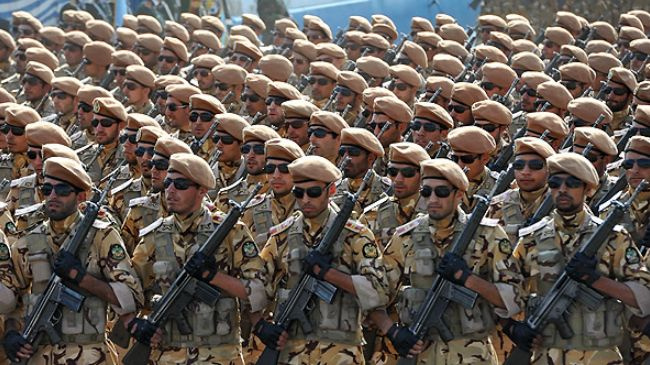Tensions Rise as Israel Prepares Potential Strikes
Iran has escalated its military posture, placing all branches of its armed forces, including the Islamic Revolutionary Guard Corps (IRGC), on combat readiness. This comes amid rising tensions with Israel, which has indicated the possibility of strikes targeting Iranian positions.
Israel’s Concerns Over Iran’s Influence
Israel has long viewed Iran as a regional threat, particularly because of its influence in neighboring countries like Syria and Lebanon. Tehran’s support for militant groups such as Hezbollah has added to Israeli concerns about regional security. In recent months, Israeli officials have expressed alarm over Iran’s activities, including weapons shipments and military buildups near Israeli borders.
With these factors in play, Israeli forces have reportedly been preparing for military action. There are fears that Iran’s presence in Syria, combined with its growing missile capabilities, could lead to direct confrontations between the two nations.

Iran’s Response to Israeli Threats
Iranian officials, in response, have made clear that they are not taking these threats lightly. Placing the entire military on combat readiness signals Iran’s determination to defend its interests and its allies. The IRGC, known for its elite Quds Force and its direct role in foreign operations, is a key player in these preparations.
By setting the military to this heightened level of readiness, Iran aims to project strength and deter any potential strikes. In addition, the Iranian leadership has been vocal about retaliating if its territory or forces are attacked. Recent statements from Iran’s top commanders have emphasized the nation’s readiness for war, should it come to that.
International Concerns Over Escalation
The prospect of a direct military conflict between Israel and Iran has raised alarms internationally. Western powers, especially the United States, are monitoring the situation closely. Any conflict between the two could lead to widespread instability in the Middle East, disrupting global oil markets and intensifying existing geopolitical rivalries.
The United Nations and other international bodies have called for de-escalation and diplomatic talks to prevent the situation from spiraling into war. However, with both Israel and Iran positioning themselves for possible conflict, the window for diplomacy appears to be shrinking.
Conclusion: Preparing for Uncertainty
With Iran’s military now fully mobilized and Israel preparing for strikes, the situation remains tense. Both nations are signaling their readiness for conflict, but what happens next is uncertain. The possibility of a major escalation looms large, as regional powers and international actors grapple with how to contain the situation.
At this point, both countries are on high alert, and the potential for military action is real. While efforts toward diplomacy continue, the region stands on the edge, waiting for what could come next.




